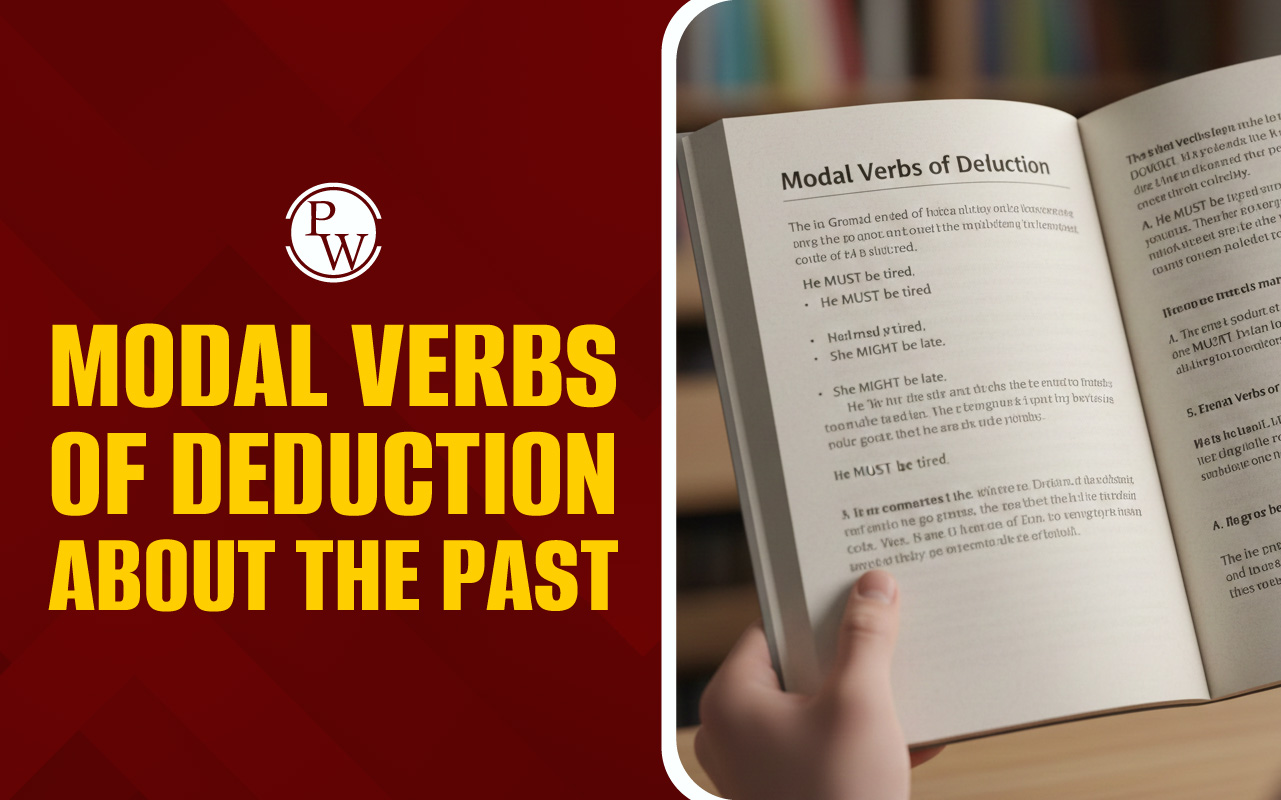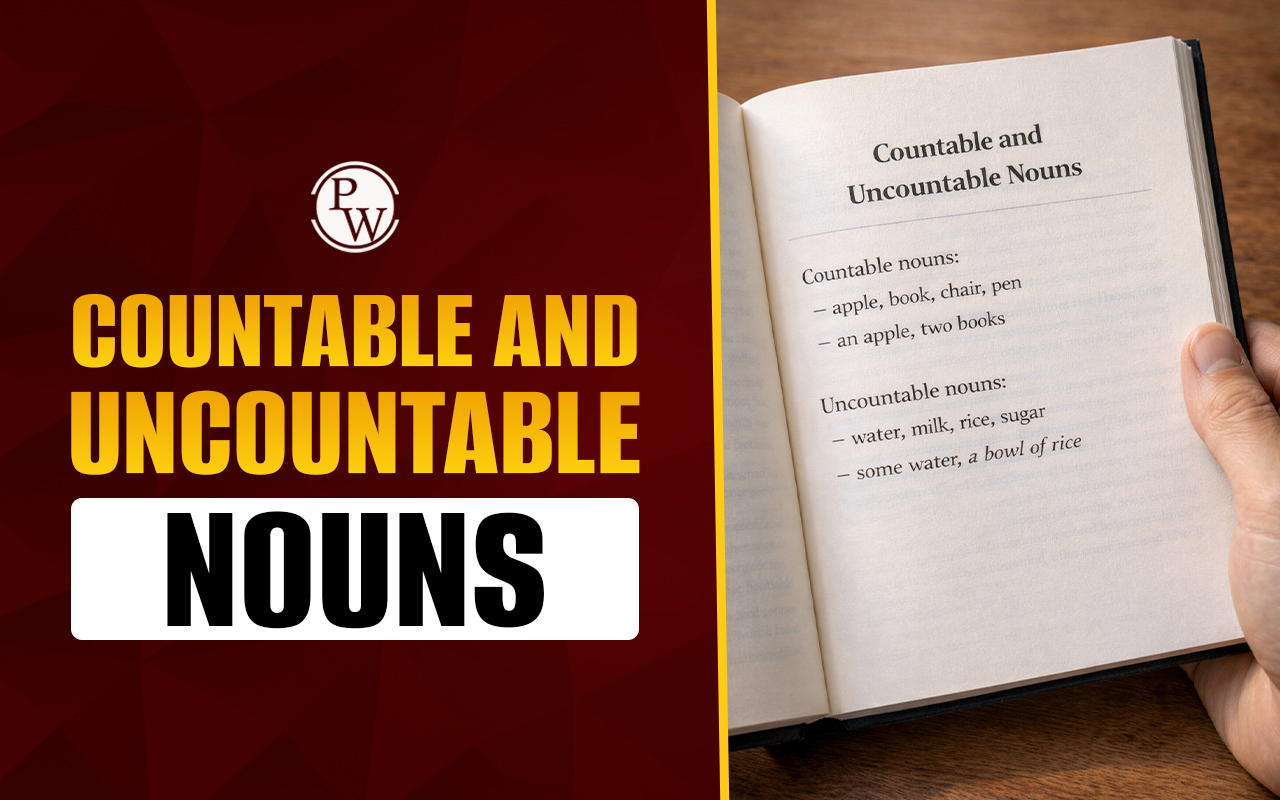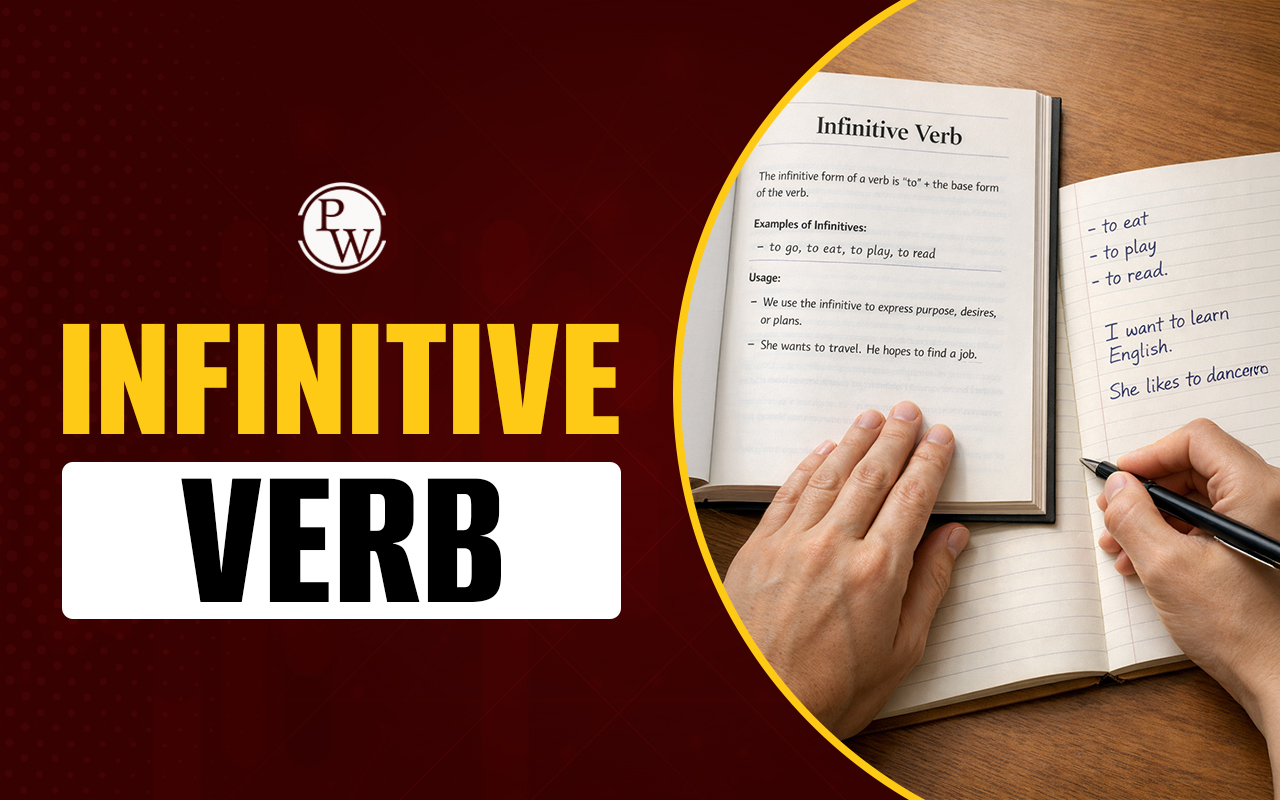
IELTS Writing Task 1 Lessons and Topics: IELTS Writing Task 1 is a crucial part of the test that assesses your ability to interpret visual information and present it clearly in writing. This task requires practice, understanding of different question types, and familiarity with common topics. Whether you're taking the Academic or General Training version, structured lessons and targeted topic practice can significantly improve your score.
IELTS Writing Task 1 Lessons and Topics
Check the specific IELTS writing task 1 lessons and topics for both academic and General Training IELTS:
Academic Version
In the Academic test, Writing Task 1 asks candidates to describe visual data. You may be given:
-
Bar charts
-
Line graphs
-
Pie charts
-
Tables
-
Maps
-
Diagrams (processes or cycles)
Your task is to summarise the information, compare data, and describe trends in at least 150 words. You should not give personal opinions.
General Training Version
In the General Training test, Task 1 involves writing a letter. The letter may be:
-
Formal (e.g., to a company or authority)
-
Semi-formal (e.g., to a neighbour or colleague)
-
Informal (e.g., to a friend)
You must cover the points mentioned in the prompt using an appropriate tone and structure.
Also Check:
Common IELTS Writing Task 1 Topics
Understanding common topics helps you prepare more efficiently. Here are the key themes frequently seen in Task 1:
|
IELTS Writing Task 1 Topics |
|
|---|---|
|
Academic Task 1 Topics |
|
|
Topic |
Common Visuals |
|
Education |
Bar charts showing literacy rates, student enrolment |
|
Population |
Pie charts of age groups, tables on urban/rural population |
|
Environment |
Diagrams of recycling processes, line graphs of CO2 levels |
|
Economy & Employment |
Graphs showing employment by sector, GDP changes |
|
Transport |
Maps showing road development, tables of vehicle types |
|
Technology |
Line charts of mobile usage, process diagrams |
|
Energy & Resources |
Charts of electricity sources, fossil fuel consumption |
|
General Training Task 1 Topics |
|
|
Complaints |
About a damaged product or poor service |
|
Requests |
Asking for information or favours |
|
Invitations |
Inviting someone to an event |
|
Explanations |
Giving reasons for absence or delay |
|
Suggestions |
Recommending a solution or idea |
Key Lessons for IELTS Writing Task 1
A well-structured preparation plan includes lessons on task understanding, structure, vocabulary, grammar, and data interpretation. Below are essential lessons every IELTS candidate should study:
1. Understanding Task Requirements
-
Learn the difference between Academic and General Training.
-
Know the scoring criteria: Task Achievement, Coherence and Cohesion, Lexical Resource, and Grammatical Range and Accuracy.
2. Structuring Your Response
For Academic Task 1:
-
Introduction – Paraphrase the question.
-
Overview – Summarise the main trends or features.
-
Body Paragraphs – Describe the data in detail.
For General Training Task 1:
-
Greeting – Based on tone (Dear Sir/Madam or Hi John)
-
Introduction – State the reason for writing.
-
Body Paragraphs – Cover the three bullet points.
-
Closing – End politely and appropriately.
3. Vocabulary for Describing Data
You should learn vocabulary for:
-
Trends: increase, decrease, rise, fall, remain steady
-
Comparisons: more than, less than, similar to, twice as much
-
Numbers and Percentages: a third of, 75%, one in five
-
Time phrases: over the period of 10 years, from 2000 to 2020
4. Grammar Accuracy
Mastering grammar is key for higher bands. Focus on:
-
Verb tenses (especially past simple, present perfect)
-
Passive voice (especially for processes)
-
Complex sentence structures
-
Comparative and superlative forms
5. Analysing Graphs and Charts
Practice with various visuals. Learn to:
-
Identify key features and ignore minor details
-
Compare data meaningfully
-
Group information logically
6. Practising Letter Writing (General Training)
-
Learn to use appropriate tone and style
-
Practise formal, semi-formal, and informal openings and closings
-
Understand the purpose of each bullet point
IELTS Writing task 1 vs. Writing task 2
Sample Academic Task 1 Question and Structure
Question
The bar chart below shows the number of international students in four countries between 2010 and 2020.
Structure:
-
Introduction: Paraphrase the question.
-
Overview: Mention the highest and lowest figures and overall trend.
-
Paragraph 1: Describe Country A and B.
-
Paragraph 2: Describe Country C and D.
| IELTS Writing Related Links | |
|---|---|
| IELTS Writing Band Score | IELTS Writing Band Descriptors |
| IELTS Writing Test Format | IELTS Writing Task 1 |
Sample General Training Task 1 Prompt
Prompt
You recently moved to a new city and want to recommend your previous cleaner to your friend.
Structure:
-
Greeting: Dear Anna,
-
Introduction: Explain the reason for writing.
-
Bullet 1: Describe the cleaner.
-
Bullet 2: Mention why you're recommending them.
-
Bullet 3: Provide contact information.
-
Closing: Best wishes, [Your Name]
| Types of IELTS Writing Task 1 Questions | Cohesive Devices in IELTS Writing |
Practice Topics for IELTS Writing Task 1
Practising with real or simulated questions is essential. Below are some practice topics:
Academic Practice Topics
-
A pie chart showing sources of household energy in 2022
-
A map comparing city layouts in 2000 and 2020
-
A line graph showing internet usage in five countries
General Training Practice Topics
-
Write a letter to your landlord complaining about noisy neighbours.
-
Write a letter to your manager requesting a transfer to another department.
-
Write a letter to a friend describing your new job and city.
How to improve IELTS writing score
Tips for Success in IELTS Writing Task 1
Here are some important tips that can help you better prepare for the IELTS Writing Task 1:
-
Always analyse the question carefully before writing.
-
Don’t include personal opinions in Academic Task 1.
-
Use linking words like "however," "in contrast," "meanwhile" to improve cohesion.
-
Always plan your letter or report before writing.
-
Stick to the required word count (minimum 150 words).
How to Write an IELTS Discussion Essay?
Guidance of PW IELTS
Physics Wallah offers multiple online IELTS courses for all students. Follow the IELTS pages to better prepare for the exam.
| What is IELTS Exam? | Documents Required for IELTS Registration |
| IELTS exam eligibility requirements | IELTS Exam Fees |
| IELTS test results | IELTS Exam Pattern |
IELTS Writing Task 1 Lessons Tips and Strategies FAQs
Can I use bullet points in IELTS Writing Task 1?
Do I need to write a conclusion in Academic Task 1?
Can I use informal language in Academic Writing Task 1?
Should I describe every detail in the visual?
How many paragraphs should my letter have in General Training?







